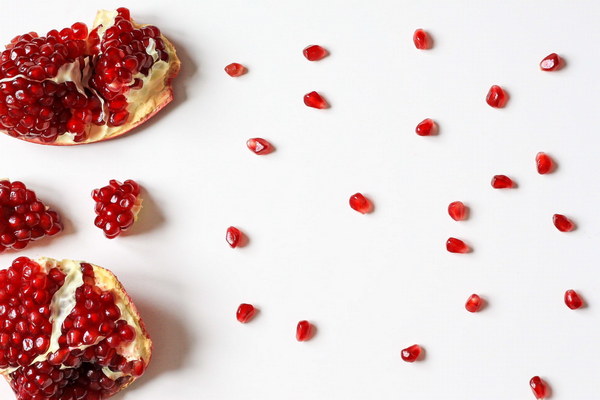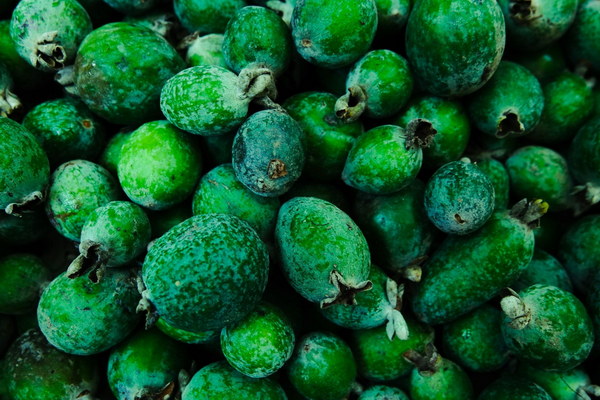Nurturing the Liver and Kidneys Winter Care for People with Yang Deficiency
As winter approaches, the cold weather can exacerbate the symptoms of people with Yang deficiency, particularly affecting their liver and kidney functions. In traditional Chinese medicine, the liver and kidneys are vital organs responsible for storing vital energy (Qi) and maintaining overall health. To ensure a healthy winter season, it is essential to adopt specific strategies to nourish the liver and kidneys. Here’s how you can effectively care for your liver and kidneys during the cold months.
1. Adjust Your Diet
A balanced diet plays a crucial role in nourishing the liver and kidneys. Incorporate the following foods into your winter diet:
a. Black sesame seeds: These seeds are rich in nutrients and are known to nourish the kidneys and enhance reproductive health.
b. Goji berries: These berries are a natural energy booster, and they also help to strengthen the liver and kidneys.
c. Kidney beans: These beans are an excellent source of protein and essential nutrients that support kidney health.
d. Fish: Fish, particularly those with high omega-3 fatty acid content, such as salmon and mackerel, can help to nourish the liver and kidneys.
e. Nuts: Almonds, walnuts, and hazelnuts are great for supporting liver function and enhancing energy levels.
2. Acupuncture and TCM Treatments
Acupuncture, a traditional Chinese medicine practice, can help to balance the body’s energy and improve liver and kidney function. By inserting fine needles into specific points on the body, acupuncture can stimulate the flow of Qi and promote healing. Additionally, TCM treatments such as herbal medicine and cupping can support overall health and target specific organs like the liver and kidneys.
3. Stay Warm and Avoid Excessive Cold Exposure
People with Yang deficiency are more susceptible to cold weather. To protect your liver and kidneys, it’s crucial to stay warm and avoid excessive cold exposure. Wear appropriate clothing, such as warm layers and a hat, to keep your body temperature stable. Also, try to minimize time spent outdoors during the coldest parts of the day.
4. Regular Exercise
Exercise is essential for maintaining overall health and supporting liver and kidney function. Engaging in moderate-intensity exercises, such as walking, cycling, or swimming, can help to boost your body’s energy levels and enhance circulation. However, be mindful of overexertion, as excessive exercise can strain the body and exacerbate symptoms of Yang deficiency.
5. Get Adequate Sleep

Quality sleep is essential for maintaining a healthy liver and kidney function. Aim for 7-9 hours of sleep each night, and establish a relaxing bedtime routine to help you fall asleep more easily. To further support your liver and kidneys, try to go to bed and wake up at the same time each day, as this helps to regulate your body’s internal clock.
6. Manage Stress
Stress can negatively impact your liver and kidney function, as it can lead to an imbalance in your body’s energy. Find healthy ways to manage stress, such as practicing mindfulness, meditation, or deep breathing exercises. These techniques can help to calm your mind and promote relaxation, which is beneficial for your overall health.
7. Consult a Healthcare Professional
If you have concerns about your liver and kidney health or experience persistent symptoms of Yang deficiency, it’s essential to consult a healthcare professional. They can provide personalized advice and recommend appropriate treatments to support your overall well-being.
By following these tips, you can effectively nourish your liver and kidneys during the winter months, reducing the risk of illness and promoting overall health. Remember that taking care of your body is essential, especially during the cold season when Yang deficiency is more prevalent.









